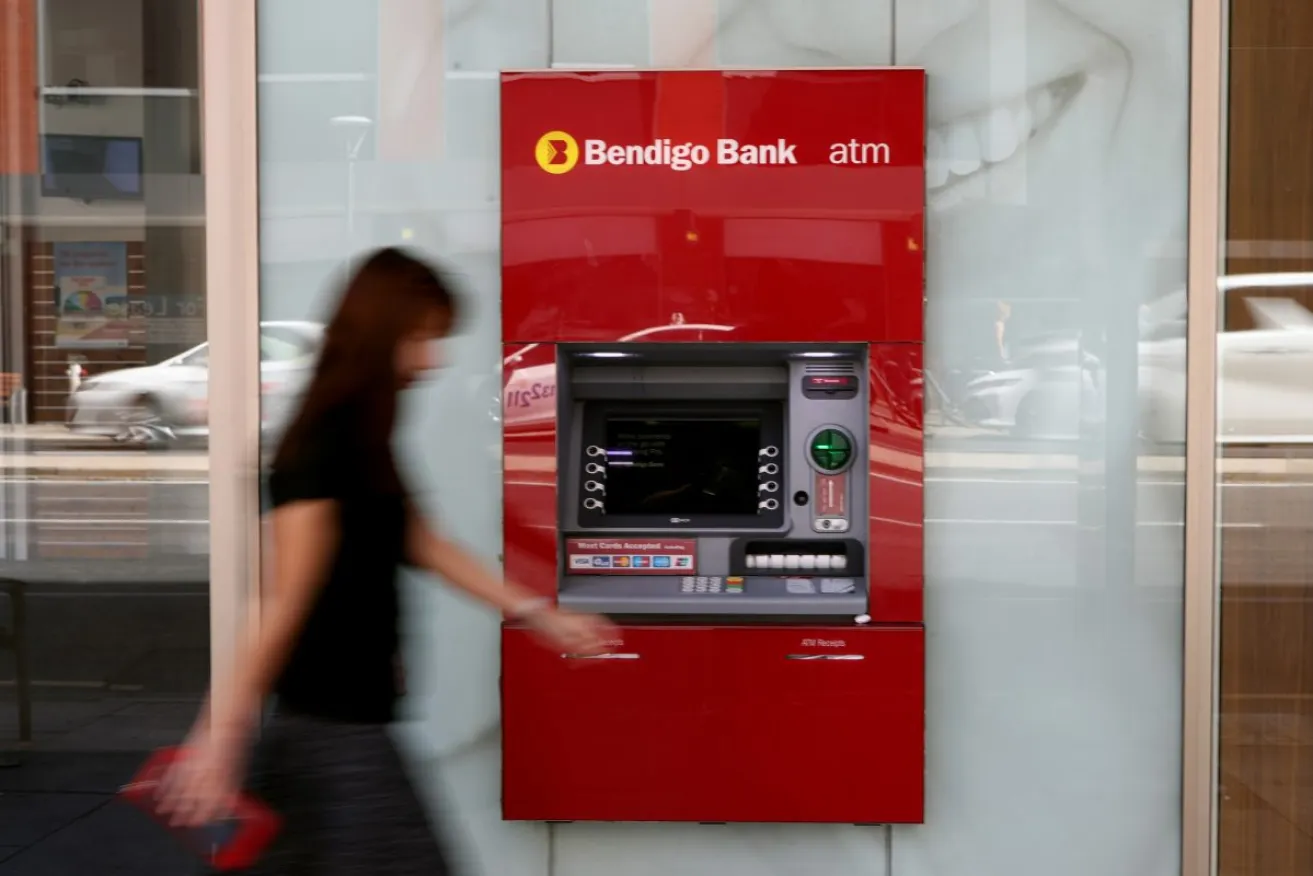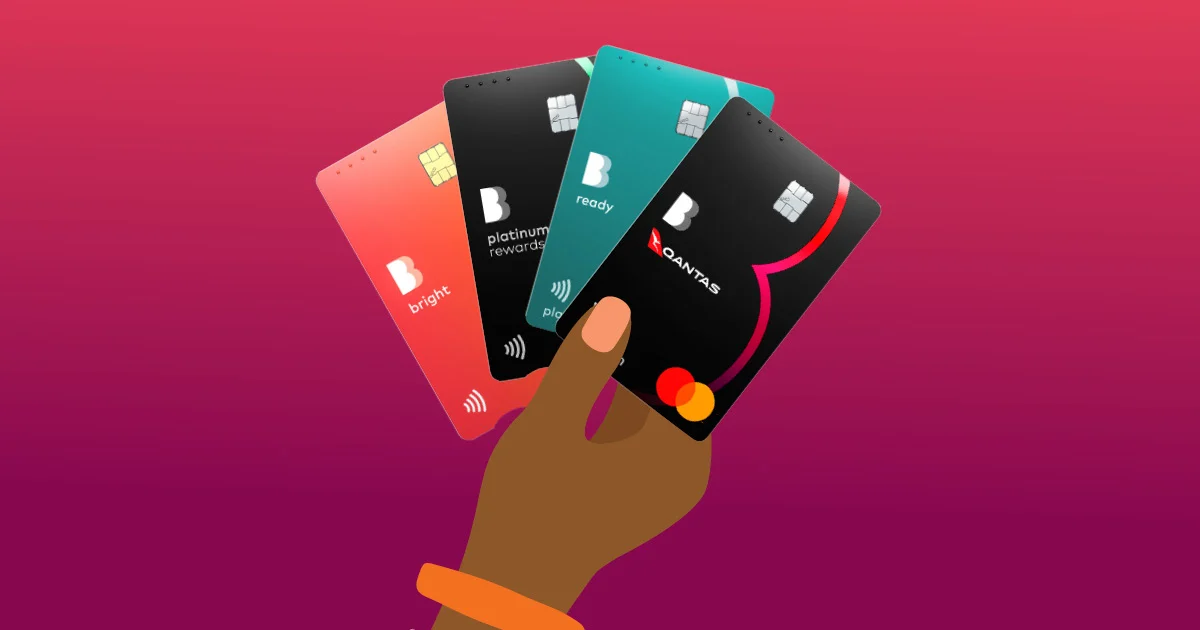Bendigo and Adelaide Bank’s: Welcome to Bendigo and Adelaide Bank’s comprehensive guide to responsible credit card management. In this guide, we will provide you with valuable tips and advice to help you build financial wellness through responsible credit card usage. Whether you’re new to credit cards or looking to improve your credit management skills, you’ve come to the right place.
Managing credit cards responsibly is crucial for maintaining control over your finances and achieving long-term financial goals. By following best practices and implementing smart strategies, you can make your credit cards work for you, rather than against you.
Throughout this guide, we will cover a range of topics, including understanding responsible credit card usage, essential credit card management practices, maximizing savings with credit cards, building responsible credit card habits, and the long-term benefits of responsible credit card management.
With our expert advice and actionable tips, you’ll learn how to use your credit card wisely, avoid unnecessary debt, save money, and build a solid foundation for your financial future. So, let’s dive in and start your journey to financial wellness.
Understanding Responsible Credit Card Usage
When it comes to managing your credit card, responsible usage is key. The way you use your credit card can have a significant impact on your financial well-being. By employing smart credit card management tips, you can make informed decisions and maintain control over your finances.
The Importance of Responsible Credit Card Usage
Responsible credit card usage is crucial for building a strong financial foundation. It involves using your credit card wisely, avoiding unnecessary debt, and making payments on time. By practicing responsible credit card habits, you can protect your credit score, avoid excessive interest charges, and have more financial flexibility in the long run.
When you use your credit card responsibly, you’re more likely to:
- Build a positive credit history: Responsible credit card usage can contribute to a healthy credit score, which is essential for future financial endeavors such as applying for loans or mortgages.
- Manage your expenses effectively: By keeping track of your credit card transactions and setting a budget, you can avoid overspending and stay within your financial means.
- Minimize interest charges and fees: Responsible credit card usage involves paying your credit card balance in full each month, mitigating the impact of high-interest rates and costly fees.
Tips for Responsible Credit Card Usage
Here are a few credit card management tips to help you use your credit card responsibly:
- Pay your bills on time: Missing credit card payments not only incurs late fees but can also damage your credit score. Make it a priority to pay your credit card bill in full and on time every month.
- Monitor your credit card utilization: Keep your credit utilization ratio—the percentage of your available credit that you use—below 30%. This shows lenders that you are responsible with credit and can positively impact your credit score.
- Avoid unnecessary debt: Before making a purchase with your credit card, assess whether you can afford to pay it off in full. Avoid accumulating debt that you’re unable to repay within a reasonable timeframe.
- Read and understand your credit card terms and conditions: Familiarize yourself with the APR, fees, and other policies associated with your credit card. Being knowledgeable about the terms can help you make informed financial decisions.
“Responsible credit card usage is not only about spending wisely but also about making financial decisions that align with your long-term goals. By using your card responsibly and adhering to best practices, you can create a solid financial future.”
By understanding the importance of responsible credit card usage and implementing practical credit card management tips, you can pave the way towards financial well-being. Now that you have gained insights into responsible credit card usage, let’s explore essential credit card management practices in the next section.

Essential Credit Card Management Practices
When it comes to managing your credit cards responsibly, there are a few essential practices that can help you stay in control of your finances. By implementing these practices, you can make smarter financial decisions and avoid unnecessary debt.
Set a Budget
One of the first steps in responsible credit card management is setting a budget. Determine how much you can afford to spend each month and allocate funds for essential expenses, such as groceries and bills, as well as discretionary spending. By having a budget in place, you’ll have a clear understanding of your financial limits and be less likely to overspend.
Track Your Spending
Keeping track of your credit card spending is crucial for effective management. Regularly review your credit card statements and categorize your expenses. This will give you insights into your spending habits, allowing you to identify areas where you can cut back and save money. There are also numerous budgeting apps and online tools available that can help you track your expenses more efficiently.
Avoid Unnecessary Debt
One of the key credit card best practices is to avoid unnecessary debt. While it may be tempting to make impulsive purchases or carry a balance on your card, doing so can lead to financial strain and accumulating interest charges. Instead, aim to pay off your credit card balance in full each month to avoid interest fees. If you do carry a balance, prioritize paying off high-interest debt first.
| Essential Credit Card Management Practices | Benefits |
|---|---|
| Set a budget | Helps you stay within your financial limits and prevents overspending. |
| Track your spending | Provides insights into your spending habits and helps you identify areas for saving. |
| Avoid unnecessary debt | Prevents financial strain and accumulation of interest charges. |
By following these essential credit card management practices, you can maintain control over your finances and build a solid foundation for financial wellness.
Bendigo and Adelaide Bank’s: Maximizing Savings with Credit Cards
When used responsibly, credit cards can be valuable tools for managing your finances and even saving money. By taking advantage of credit card benefits and avoiding unnecessary fees and charges, you can maximize your savings and make the most of your credit card experience.
One of the key ways to save with credit cards is by earning rewards and cashback. Many credit cards offer rewards programs that allow you to earn points or cashback on your purchases. By using your credit card for everyday expenses like groceries or gas, you can accumulate rewards that can be redeemed for travel, merchandise, or even statement credits.
Additionally, certain credit cards offer sign-up bonuses, providing you with extra rewards or cashback when you meet specific spending requirements within a given timeframe. These bonuses can be a great way to kick-start your savings or earn additional benefits.
It’s important to note that not all credit cards are created equal when it comes to rewards and cashback. Before choosing a credit card, make sure to compare the available options and select one that aligns with your spending habits and financial goals.
In addition to earning rewards, responsible credit card management includes avoiding unnecessary fees and interest charges. Paying your credit card bill in full and on time each month can help you avoid interest charges and late payment fees. Setting up automatic payments or reminders can assist in ensuring timely payments and avoiding unnecessary penalties.
Furthermore, being mindful of your credit card utilization can also help you save money. It’s generally recommended to keep your credit utilization below 30%, as high utilization can negatively impact your credit score. By keeping your credit utilization low, you demonstrate responsible credit management, which can lead to better interest rates and loan opportunities in the future.
Key Strategies for Maximizing Savings with Credit Cards
- Earn rewards and cashback through credit card rewards programs
- Take advantage of sign-up bonuses
- Compare credit card options to find the best rewards for your spending habits
- Pay your credit card bill in full and on time to avoid interest charges and late payment fees
- Maintain a low credit card utilization to improve your credit score and access better loan terms
By following these credit card tips and implementing responsible credit card management advice, you can effectively manage your credit cards and maximize your savings. Remember to always review your credit card statements regularly, monitor your credit utilization, and stay informed about your credit card’s terms and conditions to ensure you’re making the most of your credit card benefits.
Bendigo and Adelaide Bank’s: Building Responsible Credit Card Habits
Building responsible credit card habits is essential for maintaining a healthy credit score and securing a strong financial future. By following these credit card management tips, practicing responsible credit card usage, and implementing best practices, you can take control of your finances and make wise financial decisions.
1. Paying Bills on Time
One of the most important habits to develop is paying your credit card bills on time. Late payments can negatively impact your credit score and result in late fees and high interest charges. Set up automatic payments or create reminders to ensure you never miss a payment.
2. Managing Credit Utilization
Credit utilization refers to the percentage of your available credit that you are currently using. It’s recommended to keep your credit utilization below 30% to maintain a healthy credit score. By regularly monitoring your credit card balances and adjusting your spending accordingly, you can keep your credit utilization in check.
3. Effectively Managing Credit Limits
Responsible credit card usage involves managing your credit limits effectively. Avoid maxing out your credit cards, as it can negatively impact your credit score. It’s wise to keep your credit card balances well below the limit to demonstrate responsible credit usage to potential lenders.
4. Regularly Reviewing Statements
Make it a habit to review your credit card statements regularly. By reviewing your transactions, you can identify any unauthorized charges, errors, or potential fraudulent activity. Promptly reporting any issues to your credit card issuer can help protect your financial well-being.
“Building responsible credit card habits is the foundation for financial success.” – Bendigo and Adelaide Bank

By following these credit card management tips and adopting responsible credit card habits, you can establish a strong financial foundation, effectively manage your credit cards, and pave the way for long-term financial wellness.
Bendigo and Adelaide Bank’s: Long-Term Financial Wellness
Managing your credit cards responsibly is not just about short-term benefits; it also plays a vital role in your long-term financial wellness. By following the Bendigo and Adelaide Bank’s Guide to Responsible Credit Card Management, you can make informed decisions and set yourself up for financial success.
One of the key advantages of responsible credit card management is the opportunity for financial growth. By using your credit cards wisely, you can build a positive credit history and improve your credit score. This can open up doors to better loan terms, favorable interest rates, and even potential job opportunities that require good credit.
Furthermore, responsible credit card usage promotes financial stability. By staying within your credit limits and paying your bills on time, you can avoid unnecessary debt and late payment fees. This discipline helps you maintain control over your finances and creates a solid foundation for future financial planning.
At Bendigo and Adelaide Bank, we understand the importance of managing credit cards responsibly. That’s why our guide provides you with valuable credit card tips and insights to help you make educated financial decisions. From setting a budget to maximizing savings and building responsible credit card habits, our guide empowers you to take control of your financial future.
Frequently Asked Questions
Bendigo and Adelaide Bank’s: What are the key tips for responsible credit card usage?
It is important to pay your credit card bills on time, avoid unnecessary debt, and manage your credit utilization effectively. By doing so, you can maintain financial stability and build a positive credit history.
Bendigo and Adelaide Bank’s: How can I maximize savings with my credit card?
To maximize savings with your credit card, focus on earning rewards and cashback, while also being aware of potential fees and interest charges. By understanding the terms and conditions, you can take full advantage of the benefits provided by your credit card.
Bendigo and Adelaide Bank’s: What are some essential credit card management practices?
Essential credit card management practices include setting a budget, tracking your spending, and avoiding unnecessary debt. These practices can help you stay in control of your finances and avoid financial pitfalls.
Find out more at: https://www.bendigobank.com.au/blog/personal/how-to-improve-your-financial-wellbeing/












